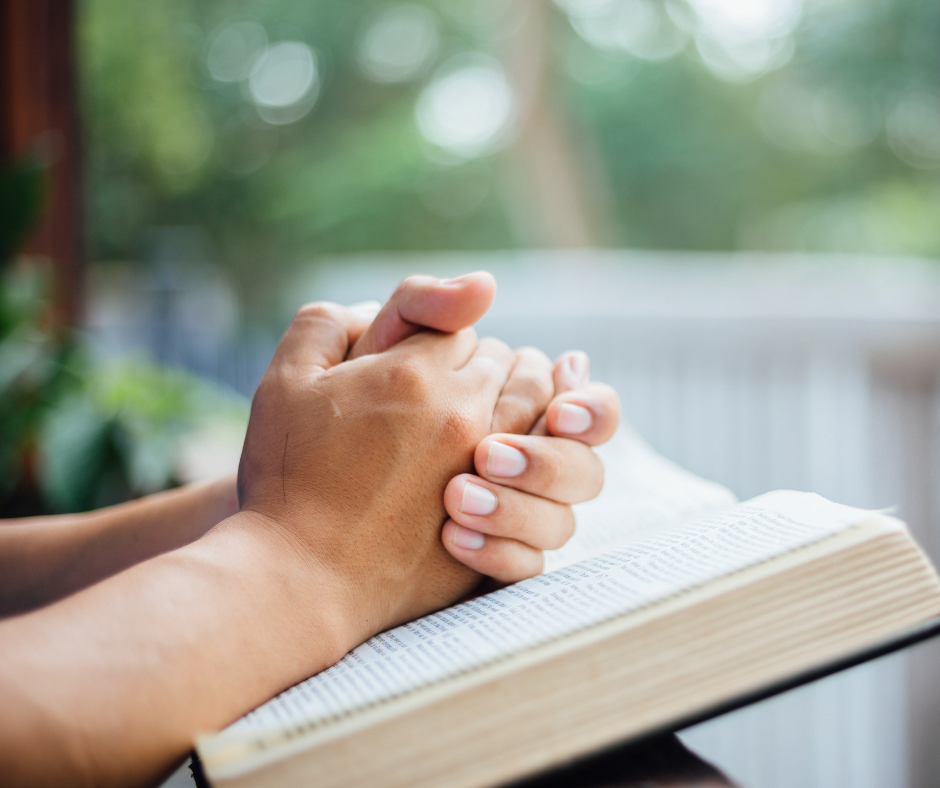
When a loved one enters hospice care, they are cared for by a team of specialists that includes doctors, nurses, social workers, and religious representatives.
At Blue Water Hospice Care, we collaborate with many healthcare and spiritual professionals to serve the comprehensive needs of our families during this difficult and emotional time, and we are especially grateful to the chaplains for the important work that they do with us.
Our experienced team of hospice caregivers work closely with Blue Water Hospice Chaplain Kevin Jordan in supporting both the patient and their families.
Here’s how he explains the important role that a chaplain plays in hospice care:
What is the primary role of a chaplain?
Our role is to provide spiritual care to patients and their family/caregivers/loved ones.
Spiritual care, also known as pastoral care, is an important part of hospice care. Whatever an individual’s belief system or cultural tradition may be—whether they consider themselves to be religious or not—there is potential value to be found in accepting the offer of spiritual care.
A hospice chaplain is trained to assess individual needs and to meet each person they serve wherever they are in their own understanding. Chaplains never attempt to convert someone or tell them what to think. Rather, they are trained to be active listeners and to comfort the people they serve by guiding them through their own questions and emotions, offering insight and inspiration when needed and support in their religious or spiritual tradition and practices.
How do chaplains offer support once someone enters hospice care?
Spiritual care support is typically offered to the patient and family within five days of a person being admitted into hospice. Initially this is usually done via a phone call to the primary caregiver of the patient. If the primary caregiver agrees to proceed, a subsequent visit is then scheduled where the chaplain can meet the patient and family/caregiver and further assess the spiritual care needs and desires. This meeting would then lead to a personalized plan of care including an established frequency of visits from the chaplain and/or other designated religious representatives.
How do you offer support to families after a loved one has passed?
Spiritual care support is always available and offered to the family at the time of death. If the family requests it, then the chaplain will visit as soon as possible, usually while the body is still present. At this time, the chaplain will also inform the family of the bereavement support that will be offered to them by their team’s bereavement coordinator.
Blue Water Hospice Care provides extensive bereavement support services to help you work through your grief, deal with your loved one’s final affairs, and make a plan for transitioning to a new life following your loss.
Jordan points out that bereavement support for a family picks up where spiritual care ends once their loved one has passed. Bereavement services may include sessions on grief counseling or assistance with enrolling in support groups.
Guidance on when to consider hospice care can be found here.
In addition to hospice care, Blue Water Homecare also provides general At Home Care, Dementia Care, and a Parkinson’s Program.
Please contact us today to learn how we can help support you and your loved one. And don’t forget to follow us on Facebook and Instagram.